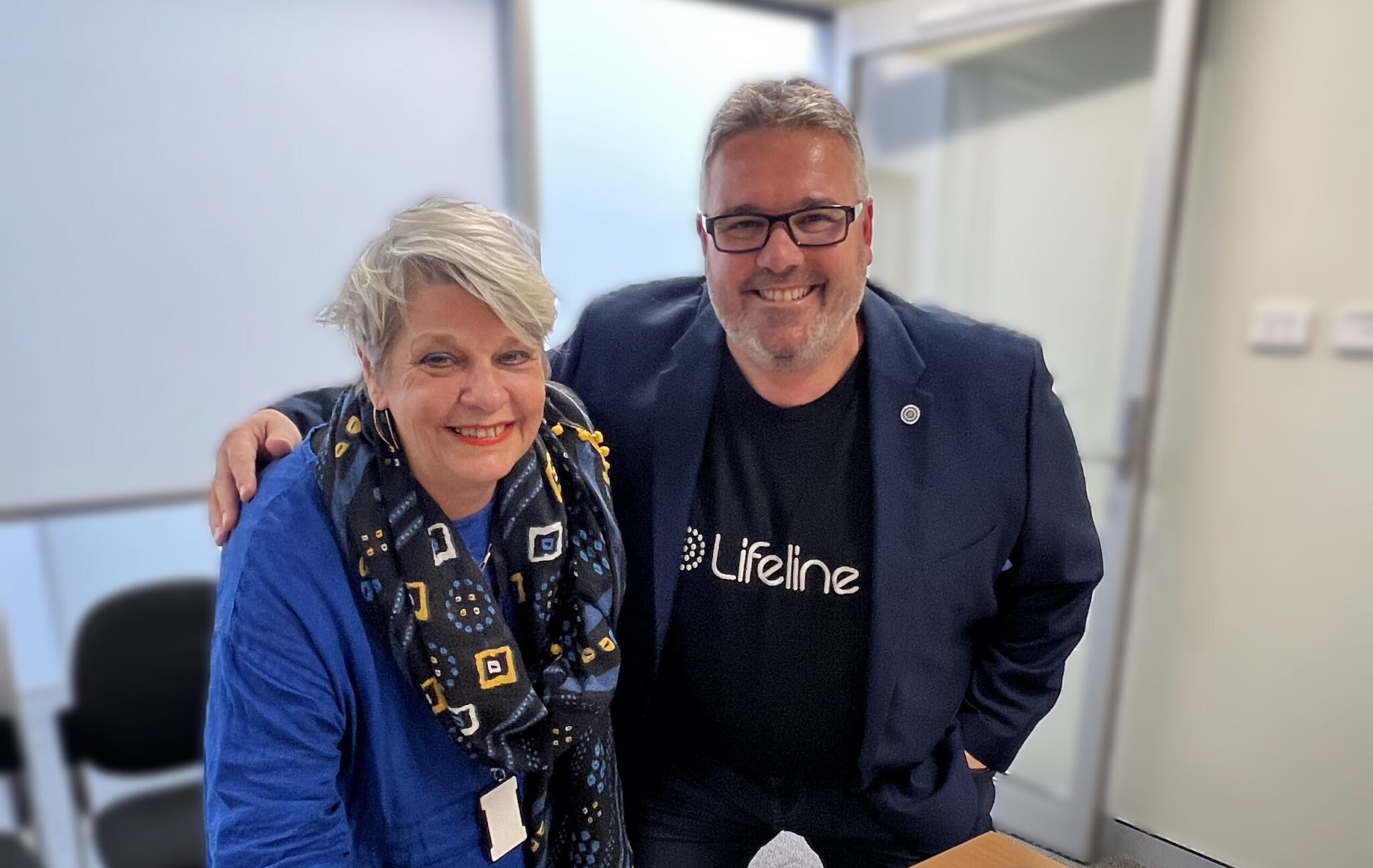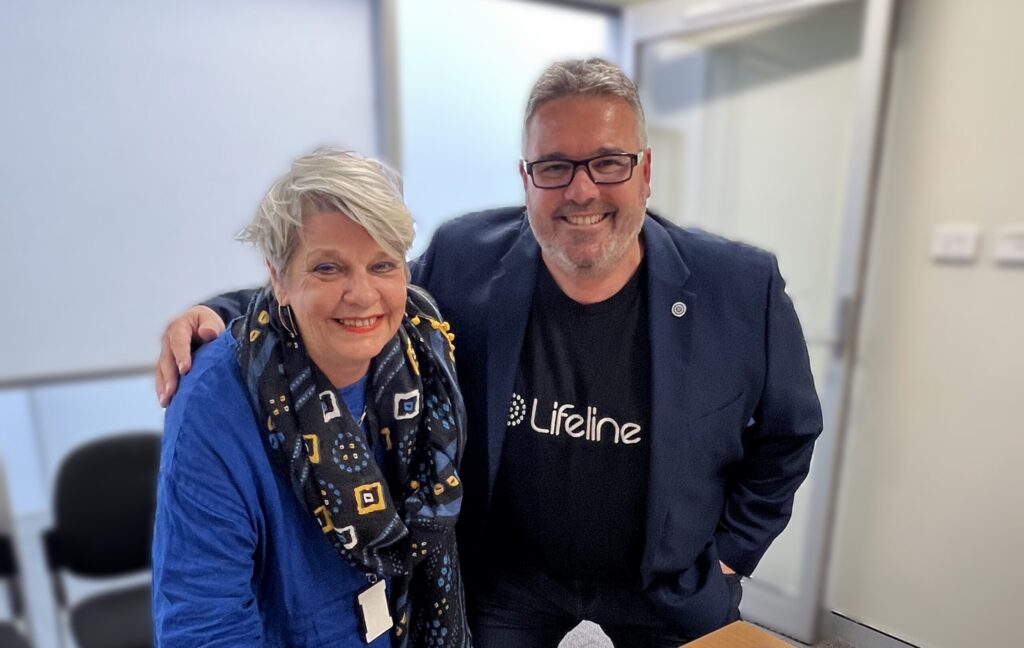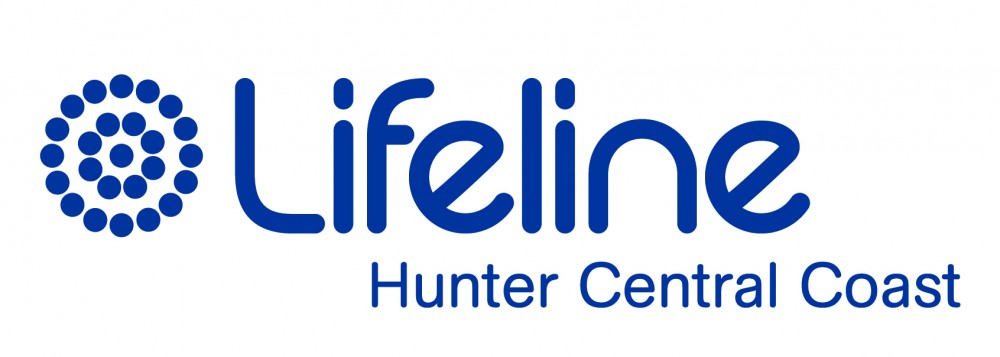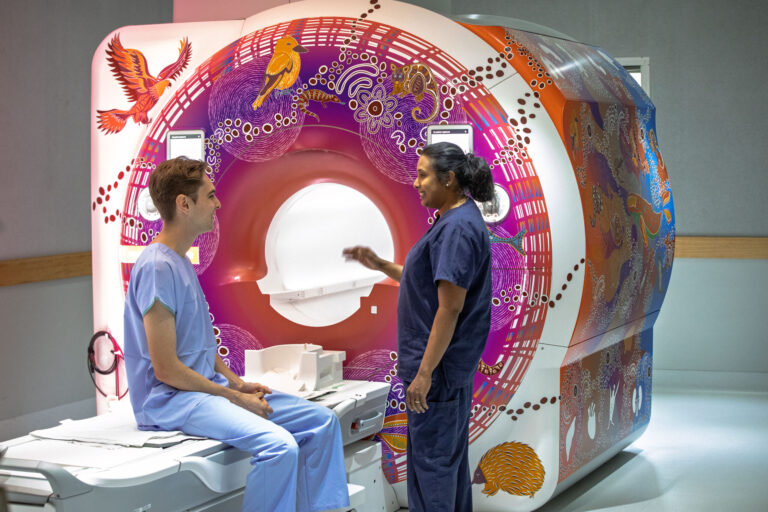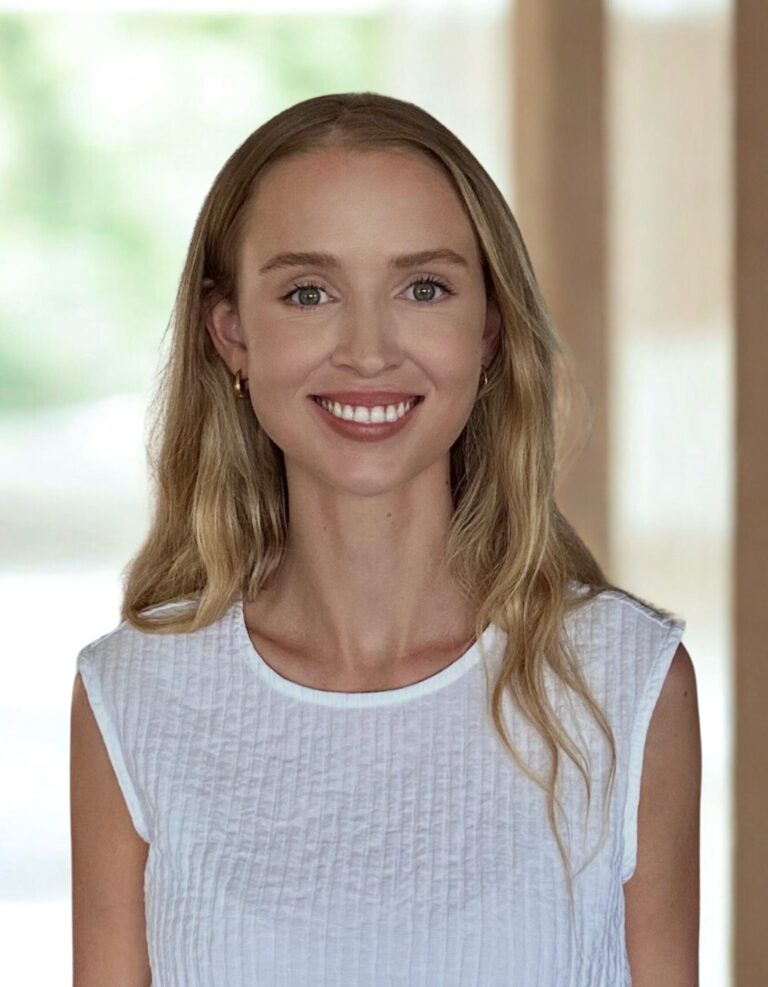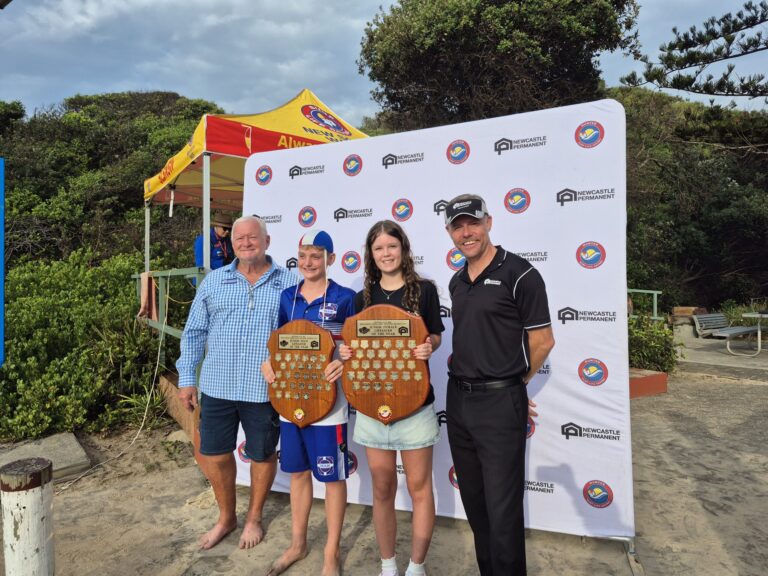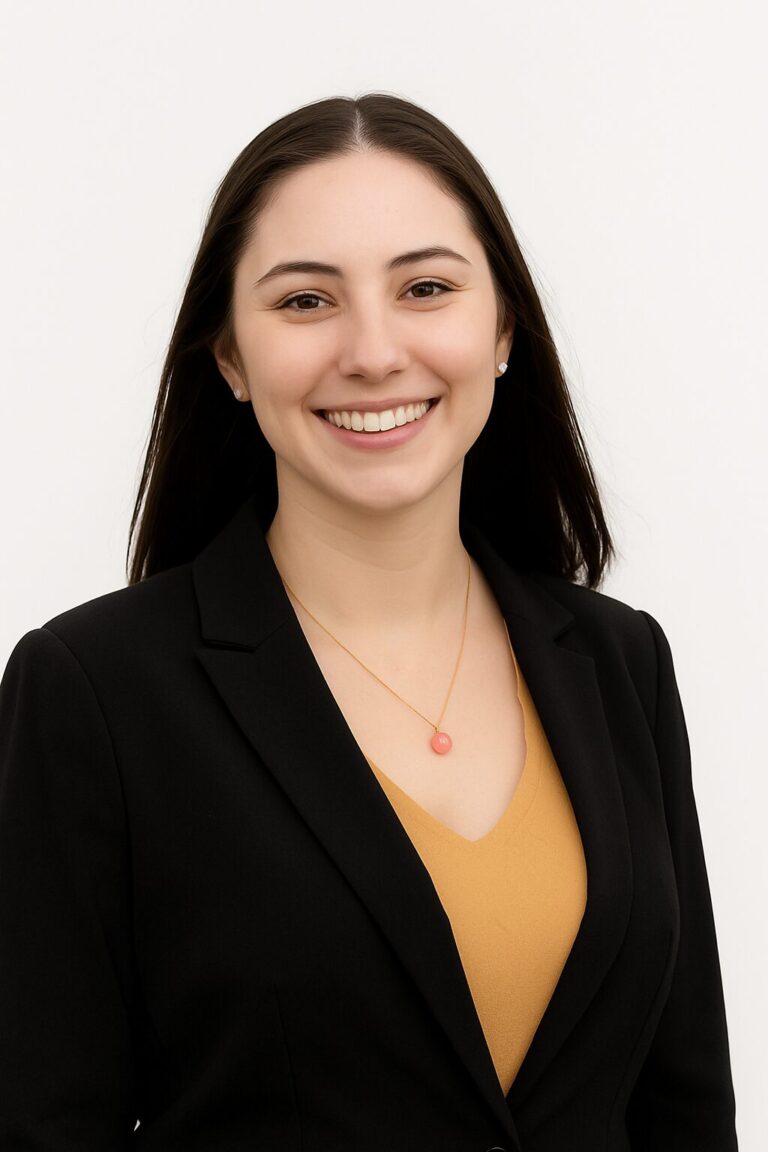Many people know of Lifeline’s work supporting people who are struggling through its 13 11 14 crisis support.
A lesser known of its other community services is training for organisations and community members in suicide prevention.
Dr June Anderson has been driving that service for Lifeline in the Hunter for 12 years but is celebrating 25 years of service with the charity.
June’s association with Lifeline started when she volunteered as a 13 11 14 crisis supporter in Far North Queensland. One day June was asked if she would help with rostering volunteers.
She was completing her first degree and said she would do it for a month while they found someone else. Nine years later she was still there. In a stint as 2IC in the Telephone Crisis Unit (TCU), June started facilitating training before becoming the TCU manager.
After a break of eight years to complete a second degree and PhD, June missed Lifeline. She returned to the new role of Training Manager with Lifeline Hunter.
June’s contribution to Lifeline and suicide prevention was recently recognised and celebrated at a surprise afternoon tea at Lifeline Hunter’s office.
Lifeline Hunter CEO, Rob Sams said over the past decade June has grown training participant numbers four-fold.
In 2013, 1,283 participants attended 81 workshops. In 2022/2023, 5,000 participants attended 328 workshops.
“June is a very special human being who embraces and epitomises the work we do in community, for community and with community,” Rob said.
“The training she and her team provide builds capacity in our community to identify and support those in crisis,” he said.
June has also helped establish Lifeline training centres in the Central Coast and Northern Rivers, Geelong, Western Melbourne and in Central Australia.
Over the past 12 years she has also worked with the Central Coast Rotary Club on its Save or Kids project which has seen thousands of suicide prevention caregivers trained to help save young lives in the region.
June said she has enjoyed and appreciated the support of loyal team members and other Lifeline managers. She said her biggest challenge was moving training online to virtual classrooms when the COVID-19 pandemic hit.
“My brilliant administrators and hand-picked trainers rose to the challenge, and we formed what I called the Kick Ass Team,” June said.
“If I stepped away today after my 25 years with Lifeline, it would be on a very sweet high,” she said.
“The Lifeline Training Support Team hosts Lifeline’s community training and dedicated workplace delivery. Workshops range from two and a half hours to two days and are offered in-person as well as online in the virtual classroom.
“We prepare caregivers to be ready, willing and able to respond when someone needs help.”
IMAGE | Dr June Anderson and Lifeline Hunter CEO, Rob Sams (left-right).

